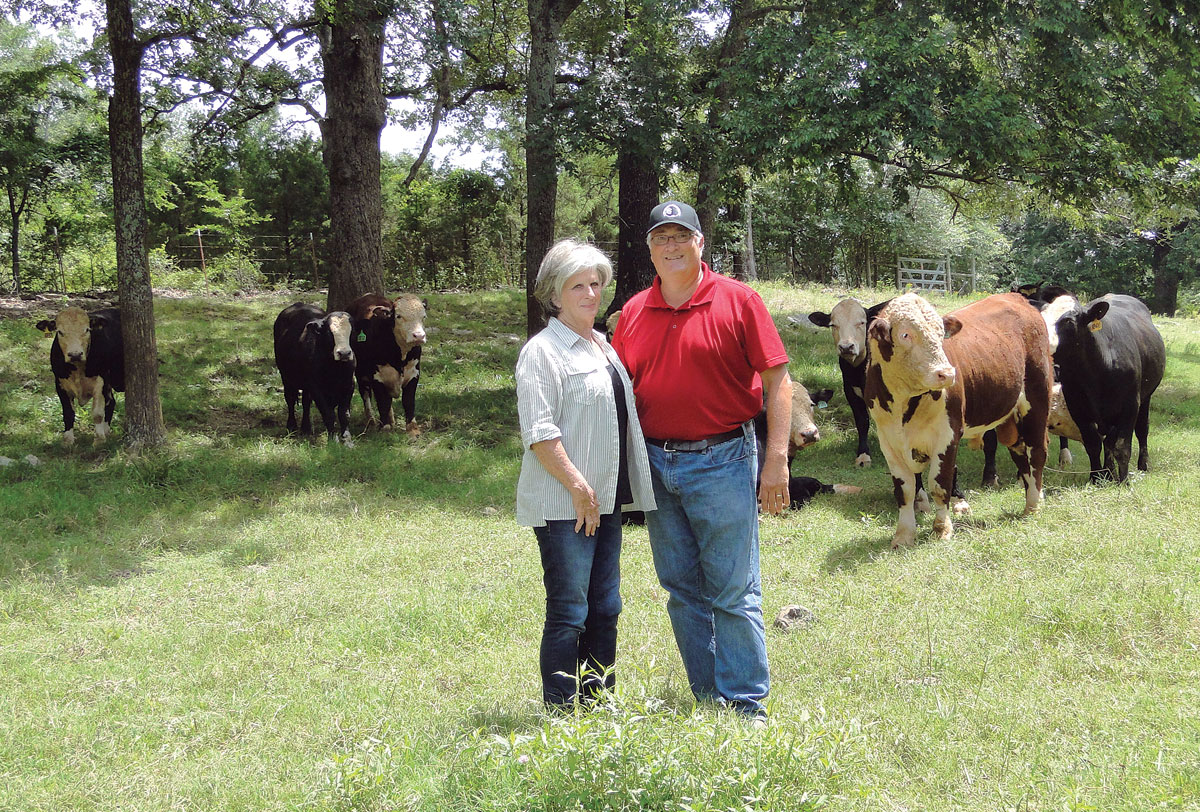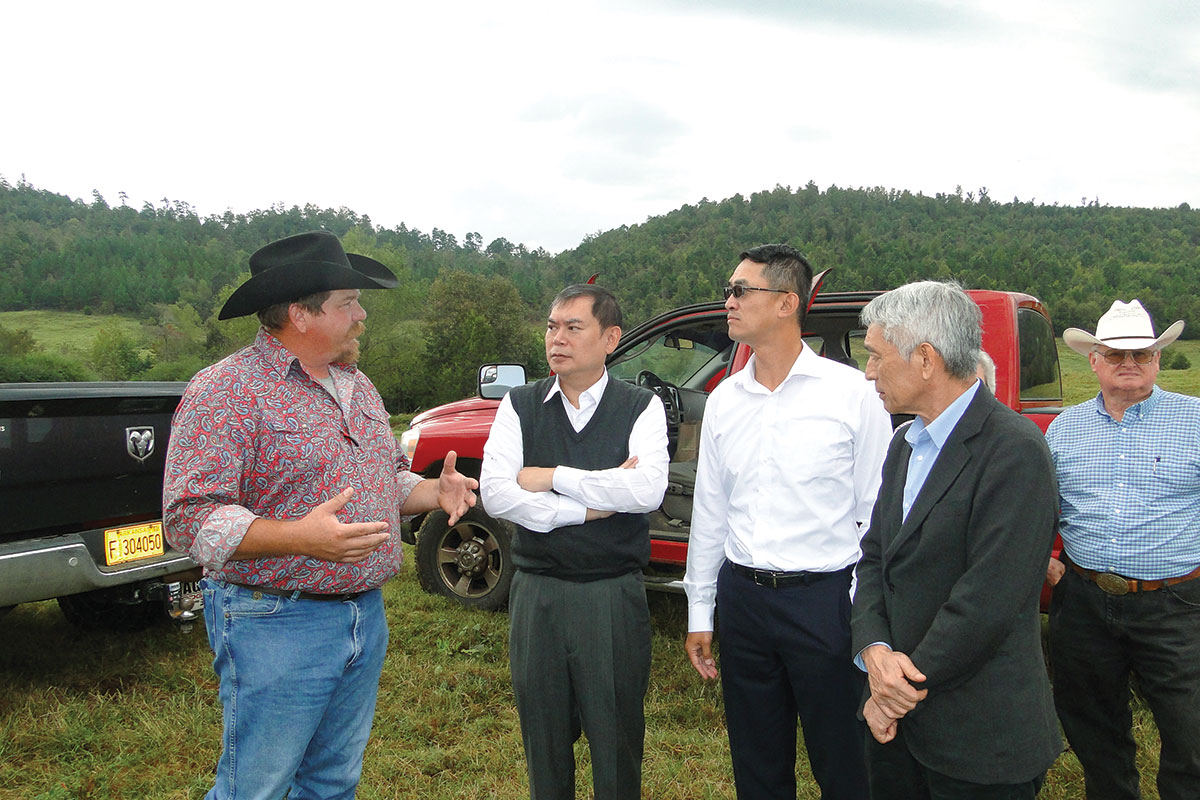
“Until we help each other, we are kind of lost anyway,” Don Bennett, founder of Tri Cycle Farms, said. Tri Cycle Farms is a community urban farm working to address food insecurity by growing food and teaching others to grow food in Fayetteville, Ark.
Don and his volunteers, called Tri Cyclists, say they grow growers and farm farmers. After experiencing food insecurity and seeing a number of neighbors in his own community dealing with it too, Don and his girlfriend, Kelly Bassemier, started Tri Cycle Farms in 2012.
“We are in the center of the state’s third largest city, less than a mile from us to the south is the state’s flagship agricultural university,” Don said. “In this neighborhood, just a one mile circle, there are more than 7,000 people living below the poverty level, including almost 1,000 children.”
Located on 2 acres of land in the heart of the city, Tri Cycle Farms works are based on it’s policy of Thirds Share Initiative; a third of what they grow is shared with volunteers, third is given to food pantries and community meals, and a third is sold to sustain the farm and demonstrate the economy of food.
“We had 1,655 volunteers in 2015 do 8,199 hours of work,” Don said. “We are seeking to build leadership within the organization, the farm and the neighborhood.”
Tri Cycle Farms now has a six-member board of directors and collaborates, with members of the community, including, Trinity United Methodist Church across the street from Tri Cycle Farm’s Community House, the University of Arkansas, the city of Fayetteville, area nonprofit groups, local businesses and multiple faith based organizations.
Tri Cycle Farms’ mission and efforts in establishing the city of Fayetteville’s Urban Ag Ordinance contributed to the University of Arkansas Community Design Center’s (UACDC) Fayetteville 2030 Food City Scenario Plan. The plan envisions the city of Fayetteville as an ecological municipal utility. Featuring green infrastructure, public growscapes and urban spaces designed for food processing, distribution and consumption, the plan reclaims agricultural land use between the backyard garden and the industrial farm.
Tri Cycle and UACDC are now collaborating on proposals leading to design drawings and implementation grants for Tri Cycle Farms’ Master Plan, featuring a Neighborhood Commons and Community Food Hub. When accomplished, this Master Plan would represent a built component of the Food City Scenario.
“The potential is for us to have food cities, food regions, systems with food hubs and neighborhood food hubs,” Don said. “It is complicated but, it is simple, too. We are throwing away 1,000 pounds of food a day from one store. That food is going into landfills. We need to rethink that because we’ve got children going to school hungry.”
Tri Cycle Farms has had the opportunity to work with AmeriCorps Arkansas Garden Corp service members who work in the gardens physically helping to create more capacity and educate through nutrition programs for kids.
AmeriCorps took notice of Tri Cycle Farms and assigned them an unheard of five Volunteers In Service To America (VISTA) volunteers in 2016.
Dawn Jones is one of Tri Cycle Farms’ VISTA volunteers. She will be helping the farm with traditional, alternative and social media, which will help grow and expand the public information program by promoting events, opportunities and classes.
“Together we will be helping Tri Cycle Farms to share their mission,” Dawn said. “Quite often we are assigned to an organization at a point of growth where they are absolutely poised to be able to build and expand by adding new systems to expand their outreach.”
“One of our goals is to turn our rock house into a small neighborhood scaled food hub,” Don added.
Tri Cycle Farms plans to partner with organizations that have existing distribution systems.
“We just need to develop a food hub with a receiving area, a sorting area, a walk in cooler with commercial refrigeration and upgraded electrical. The final piece is to turn the kitchen into a certified commercial kitchen so we can not only take recovered food to the next level but, we can take our food to a new level of value added products and rent the kitchen to entrepreneurs needing facilities.”







